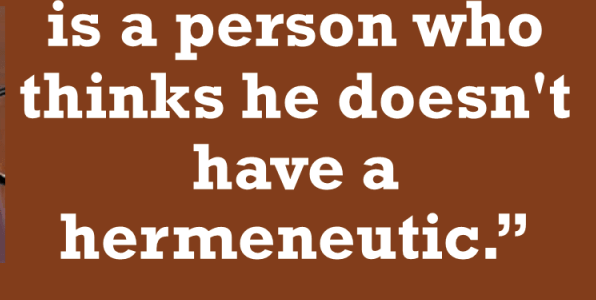Ted Grimsrud—June 7, 2021
I can’t seem to escape the reality that people’s beliefs in and about the divine and their attitudes about war seem to be closely related. On the one hand, it seems obvious that belief in God often underwrites war. Yet, on the other hand, in studying the history of pacifism I am struck with how important religious faith has been for quite a few of war’s most committed opponents. So, this is the dilemma: How do we find a way to navigate this centrality of religious faith in ways that lead to peace and resist warism? Let me illustrate these issues with my story.
“God” and radical politics
When I began my political awakening back in the mid-1970s, I believed very intensely in “God” (meaning the personal, all-powerful, all-knowing, transcendent deity of conservative Protestant Christianity). My belief in “God” gave me the sense that truth in light of this “God” mattered more than anything else. I also believed that Jesus was the incarnation of this “God,” and that we know best what “God” wants through “God’s” revelation in Jesus.
These beliefs gained political significance for me due, first of all, to paying attention to the war in Vietnam that had been destroying so many lives for no good, life-giving reason (I had faced the genuine possibility of being drafted to fight in this war and missed out by being a bit too young). When my disenchantment with the US was emerging, I happened upon a newly arrived sensibility expressed by various younger evangelical Christians that in the name of radical discipleship critiqued the American Empire and called for alternatives (most significant for me was the Sojourners community in Washington, DC, and their monthly magazine). These radical evangelicals helped me see that loyalty to “God” actually stood in tension with loyalty to the nation of my birth.
So, “God” was very important in helping me step outside the lines of the received sense of security and comfort that comes with being a loyal American. Once I did step outside the lines, I easily came to see the profoundly corrupting nature of the American Empire. Vietnam was surely the most egregious case of imperial violence on an incomprehensible scale—but only one case out of many dating back to the very settling of the Western Hemisphere by Europeans (I learned a lot from William Appleman Williams’s book, Empire as a Way of Life). I have become ever more certain about the deeply problematic nature of the United States. Still, I realize that my initial step outside the lines was definitely not inevitable. It had a lot to do with being in the right place at the right time. The Vietnam War, the possibility of being drafted, becoming friends with several returning war vets, entering the evangelical world at precisely the same time as the emergence of the radical evangelicals, gaining a theology that connected “God” with engaged pacifism—all these factors and more coalesced at just the right time for me.
As I think about it now, I am especially intrigued with the significance of the “God” part of this constellation of influences. I tend to think that I never quite believed in “God” in the way I was taught during my fundamentalist and evangelical years (about 8 or so years from the time when I was 17 [1971]). Certainly, it was easy and painless to evolve away from that belief. At the same time, I do think that the belief in “God” that I had was crucial for me having the wit and courage to step away from the Americanness I was raised with and surrounded by.
Continue reading “God and warism: The dilemma [Theological memoir #12]”






